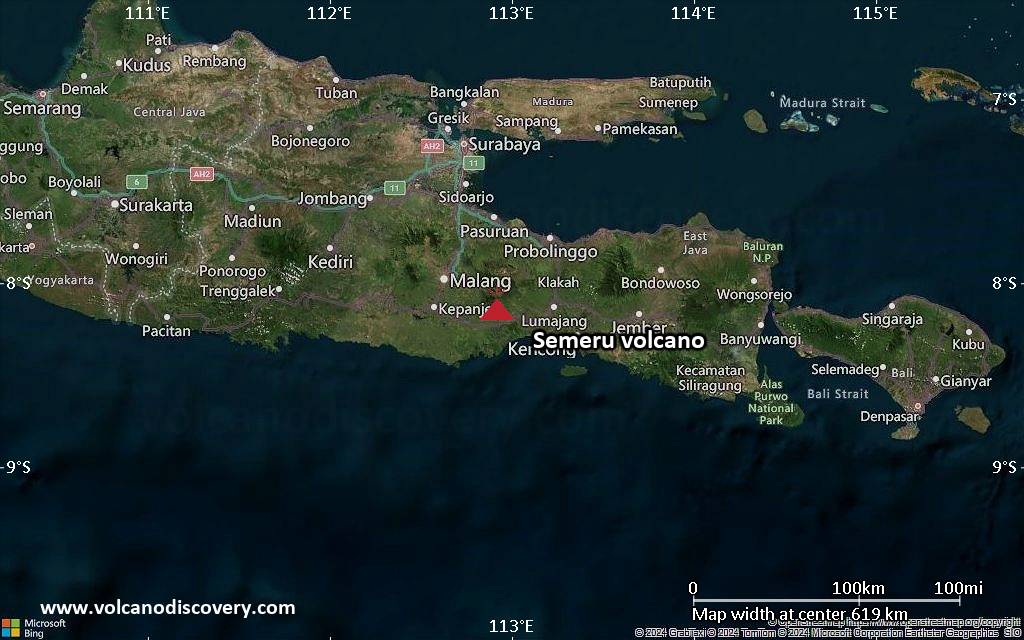Responding to today’s European Court of Human Rights’ (ECtHR) decision which will allow the Austrian government to deport a man to Syria, Shoura Zehetner-Hashemi, Executive Director of Amnesty International Austria said:
“Today’s decision effectively allows Austria to deport a man to Syria, in spite of UNHCR’s current guidance to halt all forced returns to the country, and despite reports that a man previously deported by Austria to Syria has since disappeared.
“This sets an extremely worrying precedent and should not serve as a green light for Austria’s reckless and premature deportation policy. In all cases the safety of people seeking protection must come first.
Shoura Zehetner-Hashemi, Executive Director of Amnesty International Austria
“This sets an extremely worrying precedent and should not serve as a green light for Austria’s reckless and premature deportation policy. In all cases the safety of people seeking protection must come first.
“The situation in Syria remains very unstable with ongoing outbreaks of violence and human rights violations. The Austrian Ministry of Foreign Affairs itself classifies the entire country at the highest threat level. Amnesty International has repeatedly warned that forced returns to Syria violate the principle of non-refoulement and has recently documented unlawful killings and abductions in the country.
“It’s time for the Austrian government to heed its own warnings and follow UNHCR’s advice: halt forced returns to Syria immediately.”
Background
In its decision today, the ECtHR lifted the interim measure that it issued in August 2025, ordering Austrian authorities to halt a planned deportation to Syria.
Under the 1951 Refugee Convention, the UN Convention against Torture, and the European Convention on Human Rights, states are obliged to ensure that no deportations take place to a country where there is a risk of life, or torture, inhuman treatment, or degrading punishment or treatment and other serious human rights violations. The principle of non-refoulement, a cornerstone of international law, explicitly prohibits this. UNHCR continues to oppose all forced returns to Syria.
On 3 July 2025, the Austrian authorities deported a Syrian man to Syria – reportedly the first such deportation in 15 years. According to reports, he has since disappeared and his whereabouts remains unknown.
The post Austria: European Court of Human Rights denies vital reprieve, allowing man to be deported to Syria appeared first on Amnesty International.


